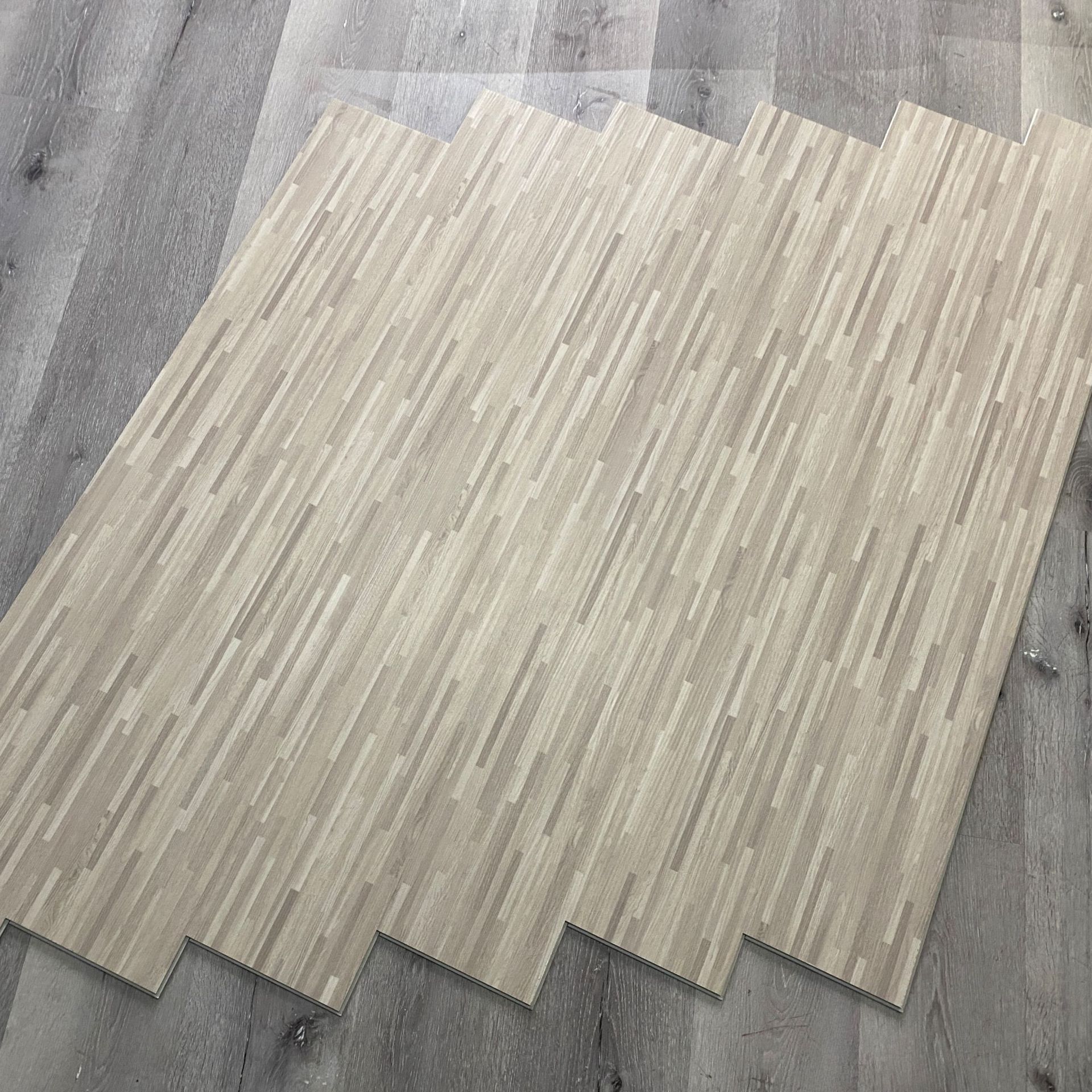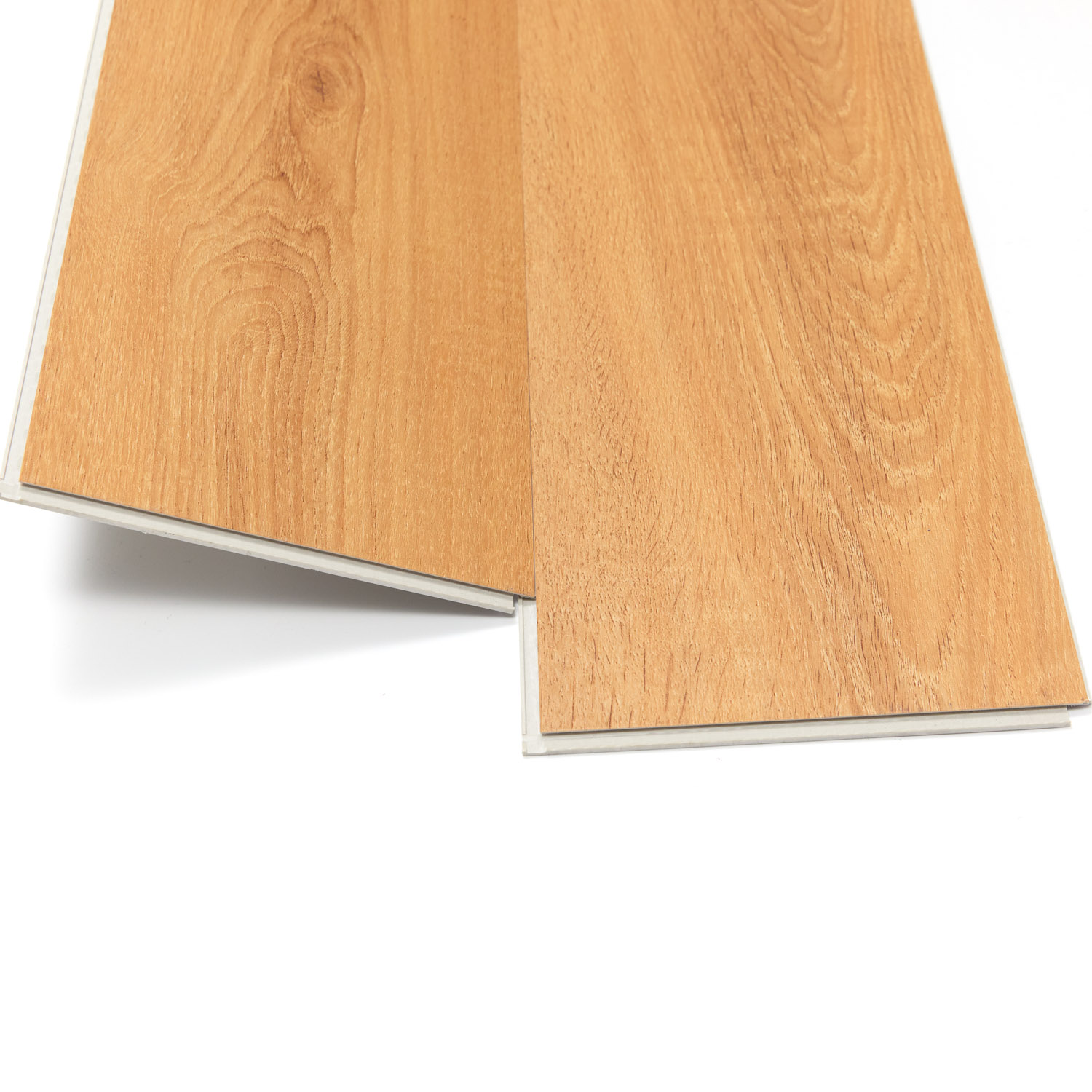

- 0086 13321818576 (Steven Lee)
- info@3c-floor.com
SPC stands for Stone Plastic Composite, which is a type of rigid core flooring that has gained popularity in recent years. It is a synthetic flooring material that combines limestone and stabilizers with a vinyl top layer. Here are some key features and benefits of SPC flooring:
1. Durability: SPC flooring is highly durable and resistant to scratches, dents, stains, and wear and tear. It can withstand heavy foot traffic in both residential and commercial settings.
2. Waterproof: One of the main advantages of SPC flooring is its inherent waterproof nature. This makes it an excellent choice for areas prone to moisture, such as bathrooms, kitchens, and basements.
3. Stability: SPC flooring has a rigid core layer that offers exceptional dimensional stability. It is less susceptible to expansion or contraction due to temperature and humidity changes, making it suitable for various environments.
4. Easy Installation: SPC flooring typically features a click-lock installation system, which makes it easy to install without the need for adhesives. This enables a DIY-friendly and time-efficient installation process.
5. Versatile Designs: SPC flooring comes in a wide range of designs, including wood, stone, and tile patterns. Advanced printing technology allows for realistic and aesthetically pleasing visuals, making it easy to find a style that suits your taste and interior décor.
6. Low Maintenance: SPC flooring requires minimal maintenance. Regular sweeping or vacuuming, occasional damp mopping, and swift cleaning of spills are usually sufficient to keep it looking clean and fresh.

Should you get SPC flooring? It depends on your specific needs and preferences. If you prioritize durability, water resistance, and a low-maintenance floor, SPC flooring can be an excellent option to consider. However, it's always recommended to consult with flooring professionals or do thorough research before making a final decision.
